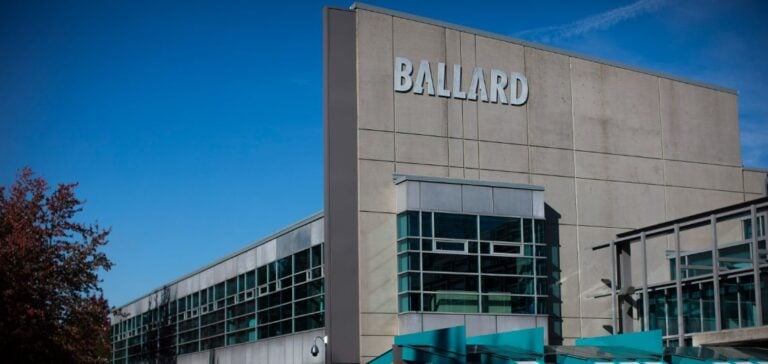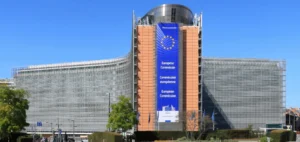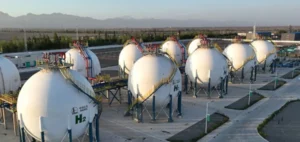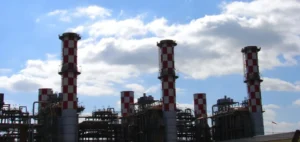Ballard Power Systems has received significant orders from two European bus manufacturers for more than 90 fuel cells, amounting to a total power of 6.4 megawatts. These systems will power urban bus fleets deployed in the United Kingdom and other European countries. This project is part of public funding programs aimed at promoting zero-emission transportation solutions.
Public funding driving energy transition
Electrification projects in public transport are increasingly supported by government funding across Europe. Subsidies and public investment programs enable municipalities and transport operators to replace diesel fleets with clean alternatives like fuel cells. These investments aim not only to reduce carbon emissions but also to boost the green economy through the development of hydrogen infrastructure.
Regulation boosts adoption
Public policies play a critical role in the energy transition of transportation. The European Union has set strict targets to reduce greenhouse gas emissions in cities, urging municipalities to adopt solutions like hydrogen. Fuel cells provide extended autonomy and rapid refueling, meeting operators’ demands for reliable and high-performing fleets.
These orders also reflect manufacturers’ ability to collaborate effectively with local and national authorities to access public funds. The use of public funding ensures the economic viability of these projects while promoting innovation and research in renewable energy.
A growing European market
Europe is a strategic market for hydrogen technologies, supported by ambitious policies and substantial public funding. Ballard’s recent orders highlight the growth of this sector, driven by public initiatives such as the European Hydrogen Strategy. These projects enhance manufacturers’ competitiveness while supporting the energy transition in transportation.
Next steps will include deploying the necessary infrastructure to ensure the sustainability of hydrogen fleets, funded through public-private partnerships and national investments.






















